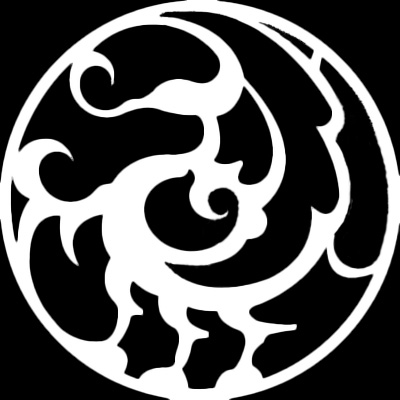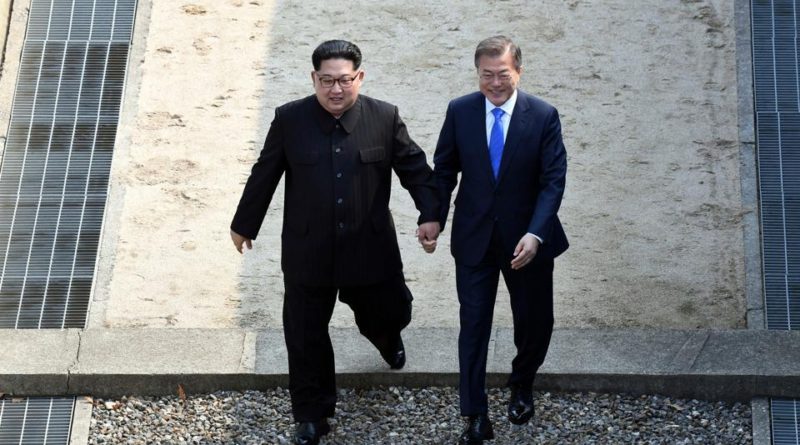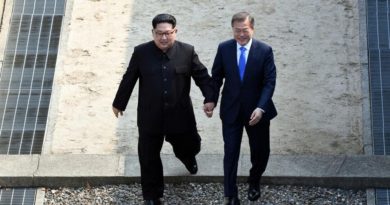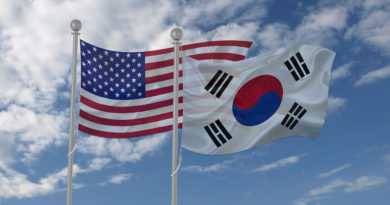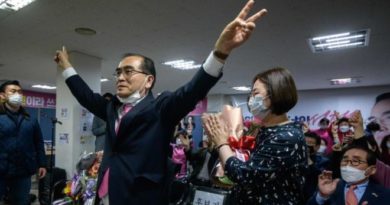DPRK Defectors in the South
On 15 April, North Korean defectors in the ROK made history upon being elected to represent their constituents in the National Assembly. This was not only a major event for the South, but it was a momentous occasion for the North in that the election showed North Koreans that they could prosper within the ROK’s democratic system. Further, the fact that a former member of the DPRK elite, Thae Yong Ho, and a man from more humble origins, Ji Seong Ho, were both elected demonstrated the social mobility available in the South. Unfortunately, the Moon Administration’s recent actions against leaflet balloons have once again deflated the air from the hope of a more free peninsula.
Kim Yo Jong Orders, Moon Jae In Obeys
On 4 June, Kim Yo Jong released a statement charged with hostile language ordering the South to stop defectors from sending leaflets to the North. In this statement, KYJ referred to defectors as “mongrel dogs” and threatened that the DPRK would walk away from the Panmunjom Declaration, as if they did not already open fire on a guardpost in May. This, by itself, was not shocking as the North regularly releases crude diatribes, but what was shocking was that the South responded within hours. The Moon Administration agreed, and indicated that it would move to stop defectors from exercising their right to free expression.
But the North was not sufficiently appeased. In fact, it seemed as though the North was not even paying attention to how quickly the South responded, as the DPRK held a student rally against defectors on 6 June in Pyongyang. The DPRK then refused to answer liaison calls for several days and the Ministry of Unification announced it would file charges against Fighters for Free North Korea and Keun Saem on 10 June. Alarmingly, a large portion of the South Korean public also seemed to be in agreement with this appeasement of the North, according to a Realmeter poll showing 50% of respondents supported a law banning people from sending leaflets northward. For all of the DPRK’s bluster, hostile activities seemed to culminate with the 15 June demolition of the Inter-Korean liaison building with explosives.
What Did Moon Promise the North?
While tensions on the Korean Peninsula spiked rapidly, they seemed to cool just as rapidly following the demolition of the liaison building. On 23 June, KJU ordered the Central Military Commission to suspend plans for military action against the ROK, according to the KCNA. The DPRK then removed anti-ROK propaganda from official websites on the following day. And, from what I’ve seen so far, KYJ has not made any more incendiary statements against the South in recent days. So, while the North wasn’t answering liaison office calls, I wonder what back-channel communications were exchanged between the two sides.
After the DPRK began to ease the tensions that it created in the first place, the ROK national police raided the offices of Fighters for Free North Korea and Keum Saem on 26 June. Also, reporters for SBS randomly showed up to the chairperson for FFNK, Park Sang Hak’s apartment, broadcasting its location for everyone to see. This is especially troublesome considering Park has been targeted for assassination by the DPRK previously. The logical question to ask is how did SBS gain access to Park’s address; did the MOU leak this information, and if so, what was Moon’s role in this development? Moreover, the MOU concluded its hearings regarding the two organizations and will likely move forward with revoking their non-profit status, opening the groups up to further criminal charges if they continue to carry out their operations. If Park is targeted for assassination again, one can clearly conclude that the Moon Administration’s behavior facilitated this action.
New Spy Chief and Unification Minister
Perhaps the most alarming developments are reports that the Blue House is considering Lee In Young and Im Jong Seok for unification minister and director of the National Intelligence Service, respectively. Lee In Young and Im Jong Seok both served as chairman of a leftist organization, Jeondaehyup, that was implicated in terrorist activity against the US Embassy and Consular annex. Im Jong Seok, no stranger to arrests, was also investigated in relation to the 2018 Ulsan elections corruption case — whereby the Blue House illegally meddled in local elections to help a Moon associate win. Appointing these two men in their respective roles would send the clear message that the Jusapas are firmly in control of South Korean politics, with a legislative super-majority to boot.
Given the above, one has to ask the pressing question: what has President Moon communicated to the North? The DPRK’s sudden easing of tensions, followed by the ROK’s actions against anti-DPRK defector groups and probable appointment of pro-DPRK officials, should have all interested in the Korean Peninsula worried.
Conclusion
DPRK defector groups have been launching leaflets into the North for years, and while this has served as an annoyance to the DPRK, it has not resulted in the kind of tensions we saw last month. My assessment is that the election of two defectors to the National Assembly was viewed as a threat to the DPRK. Consequently, the Kim Regime ratcheted up tensions in an attempt to demonize DPRK defectors. And, rather than stand by its constitutional duty to represent the Korean people on the Korean Peninsula, the ROKG caved. Though, I do not know if we can say the ROKG caved so much as the ROKG’s interests align with the DPRKG’s interests. It is indeed a sad time for the people of the DPRK, and the peninsula as a whole.
The United States will be faced with a choice in light of these developments. Once again, the Moon Administration is pushing for Trump to meet with Kim — Moon Jae In, ever the faithful Kim cheerleader. US officials responsible for policy regarding the Korean Peninsula need to think long and hard about our “ironclad alliance, forged in blood.” While the alliance was indeed forged in blood, it can no longer be said to be ironclad. I worry for the country of my birth.
